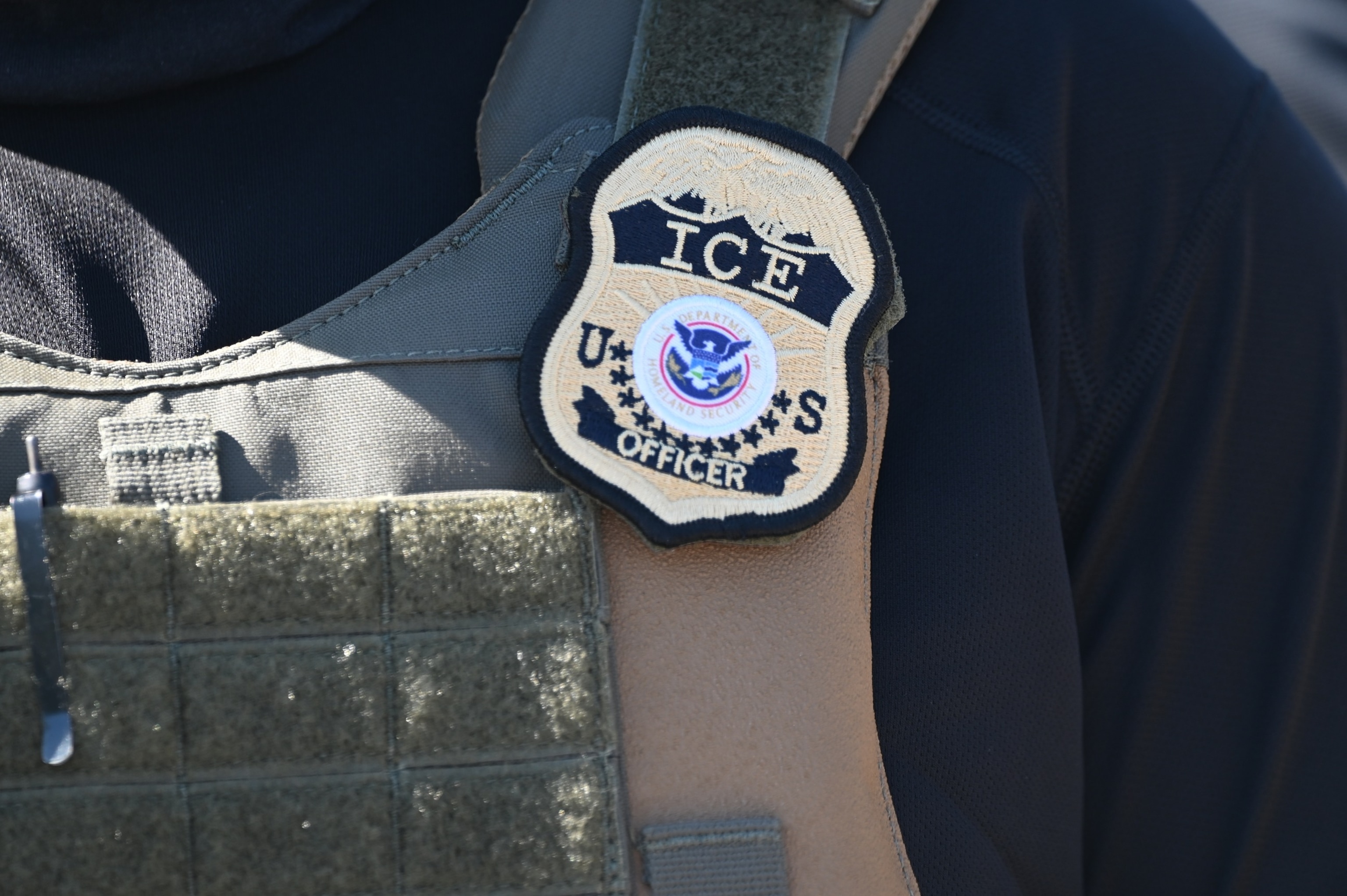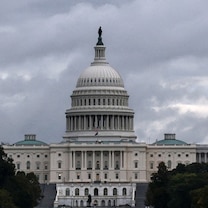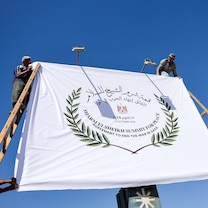Cartels issuing bounties up to $50,000 for hits on ICE, CBP agents: DHS

"We will not back down from these threats," DHS Sec. Noem said.
There is credible intelligence that members of Mexican drug cartels have offered a "tiered" bounty system for hits against Immigration and Customs Enforcement (ICE) and U.S. Customs and Border Protection (CBP) officers, according to the Department of Homeland Security (DHS).
Two weeks ago, the Justice Department charged a member of the Chicago-based Latin Kings with putting a bounty on Greg Bovino, the CBP Commander overseeing the surge operations in Los Angeles, Chicago and Portland.
Drug cartels have "disseminated a structured bounty program to incentivize violence against federal personnel," according to a press release from DHS.
The federal agency alleges cartels are offering $2,000 for intelligence gathering and doxing of agents, $5,000–$10,000 for kidnapping or non-lethal assaults on standard ICE/CBP officers and up to $50,000 for the assassination of high-ranking officials.
Gangs like the Latin Kings have also deployed "spotters" armed with firearms and radio communications to provide the real-time movements of CBP and ICE agents, according to DHS.

“These criminal networks are not just resisting the rule of law, they are waging an organized campaign of terror against the brave men and women who protect our borders and communities,” DHS Secretary Kristi Noem said in a press release.
“Our agents are facing ambushes, drone surveillance, and death threats, all because they dare to enforce the laws passed by Congress,” Noem added. “We will not back down from these threats, and every criminal, terrorist, and illegal alien will face American justice.”
The DHS report comes amid a legal battle surrounding the deployment of National Guard troops to Chicago, in part, as protection for immigration enforcement officers and facilities.
Last week, District Judge April Perry temporarily blocked the deployment of troops from any U.S. state into Illinois, a ruling that will be in effect for 14 days.
In the decision, Perry determined that there is "no credible evidence that there is a danger of rebellion in Illinois" and no evidence that the president is unable with the regular forces to execute the laws of the U.S.
She said that the deployment of the national guard to Illinois "is likely to lead to civil unrest" requiring a response from local and state law enforcement.
Referencing what she called the "provocative nature of ICE enforcement activity" in Illinois, she said, "I find allowing the national guard to deploy will only add fuel to the fire that they started."
The DOJ appealed the ruling, but it was rejected by a federal appeals court.
ABC News








